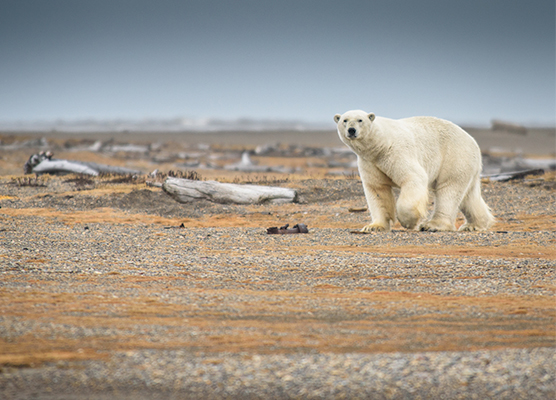
Even the most brilliant scientists must be able to communicate clearly to effectively share their enthusiasm for their fields. Relating scientific concepts and quantitative data to colleagues is very different than sharing it with the general public. This course will show students how to refine their communication skills in crafting messages to address different audiences and genres.
Certificate students and individual course takers must have taken at least two undergraduate-level physical science or life science courses prior to enrolling in this course. Students pursuing the Certificate in Climate Change are strongly encouraged to already have completed CLCH 1600: Oceanography, CLCH 2200: Atmospheric Science, and CLCH 2300: Climate Change prior to enrolling in this course.
*Academic credit is defined by the University of Pennsylvania as a course unit (c.u.). A course unit (c.u.) is a general measure of academic work over a period of time, typically a term (semester or summer). A c.u. (or a fraction of a c.u.) represents different types of academic work across different types of academic programs and is the basic unit of progress toward a degree. One c.u. is usually converted to a four-semester-hour course.
- Senior Instructional Technology Project Leader, School of Arts & Sciences Computing and Lecturer in SAS and LPS
Elizabeth C. Scheyder has been teaching undergraduates at Penn since 2012, where she is also the Senior Instructional Technology Project Leader in SAS Computing at Penn. She was the technical director for PennAdvance, Penn’s initial foray into online courses, and producer for their videos, from 2000 to 2007. She currently teaches one course a… Read more

